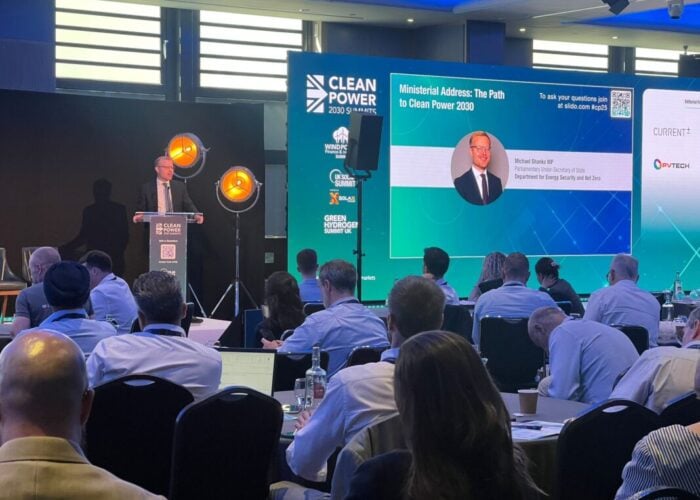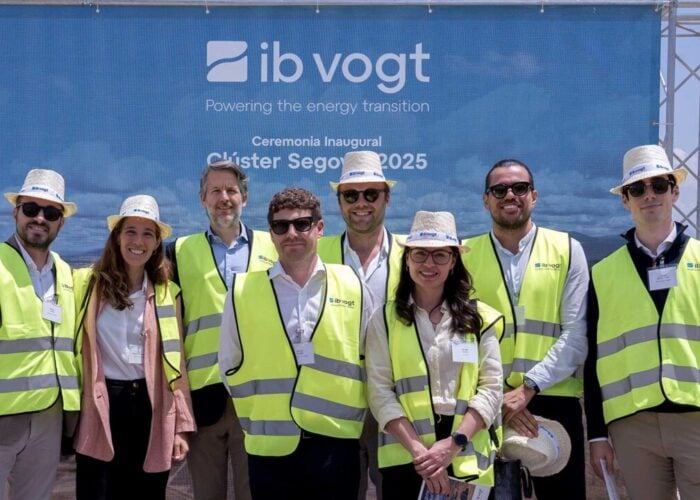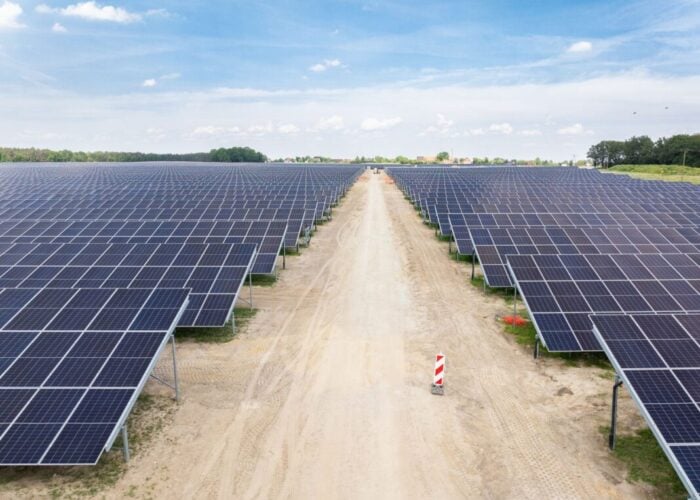In response to the latest instalment from the fifth report of the Intergovernmental panel on climate change (IPCC), US Secretary of State John Kerry has said current low carbon energy technology must be used to prevent catastrophic climate change.
Kerry states the report “makes very clear we face an issue of global willpower, not capacity”, and said the IPCC report “shines a light on energy technologies available right now” to fight climate change.
Unlock unlimited access for 12 whole months of distinctive global analysis
Photovoltaics International is now included.
- Regular insight and analysis of the industry’s biggest developments
- In-depth interviews with the industry’s leading figures
- Unlimited digital access to the PV Tech Power journal catalogue
- Unlimited digital access to the Photovoltaics International journal catalogue
- Access to more than 1,000 technical papers
- Discounts on Solar Media’s portfolio of events, in-person and virtual
One of the three leading co-chairs of the IPCC report, Ottmar Edenhofer, also said: “Climate change is a global commons problem” and “international cooperation is key for achieving mitigation goals.”
The increasing efficiency and dropping costs of solar PV with advances in energy storage technologies and other renewables, have made the low carbon energy transition feasible and affordable – in many markets PV is competing head on with fossil fuels, requiring no subsidies.
“Many of the technologies that will help us fight climate change are far cheaper, more readily available, and better performing than they were when the last [2007] IPCC assessment was released,” Kerry said.
Edenhofer added: “There is a clear message from science, to avoid dangerous interference with the climate system, we need to move away from business as usual.”
Edenhofer continued only a “major institutional and technological change will give a better than even chance that global warming will not exceed [the 2 degrees Celsius] threshold.”
The global energy market represents a US$6 trillion opportunity, with investment estimated to reach US$17 trillion by 2035, Kerry said.
Despite this economic opportunity, carbon emissions are still growing even with curent policy changes, and levels of deployment for renewable energy, the Working Group III, fifth IPCC report ‘Climate Change 2014: Mitigation of Climate Change’ states.
The report used 31 modelling teams analysing 1,200 scenarios from a wealth of scientific literature. The climate science is “unambiguous” said Kerry.
“The IPCC has been able to recruit from a diverse and immensely accomplished team of authors who are the leading experts in their respective fields,” said Rajendra Pachauri, chairman of the IPCC.
The final synthesis report by the IPCC is due in October 2014.







